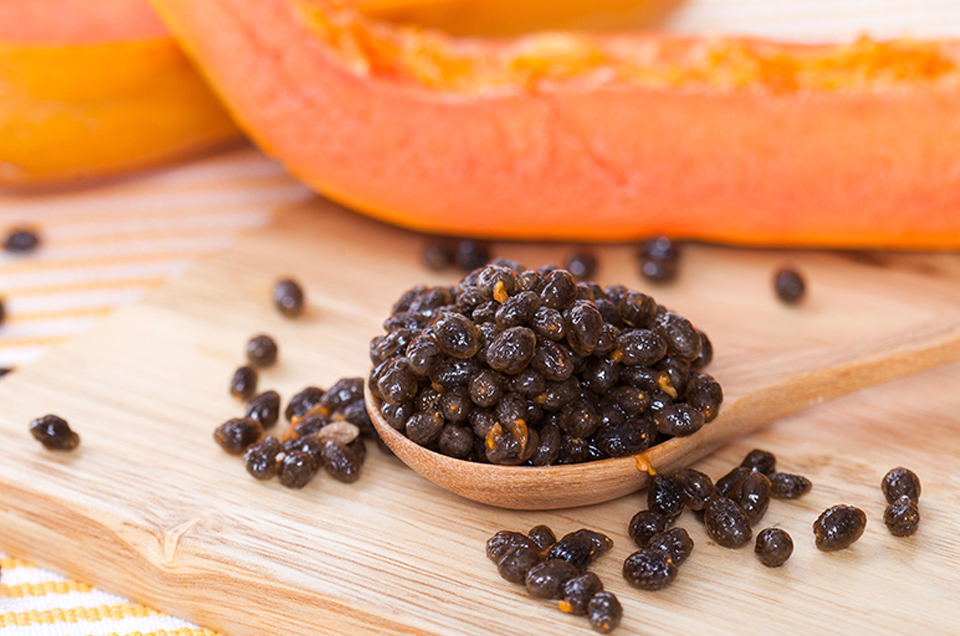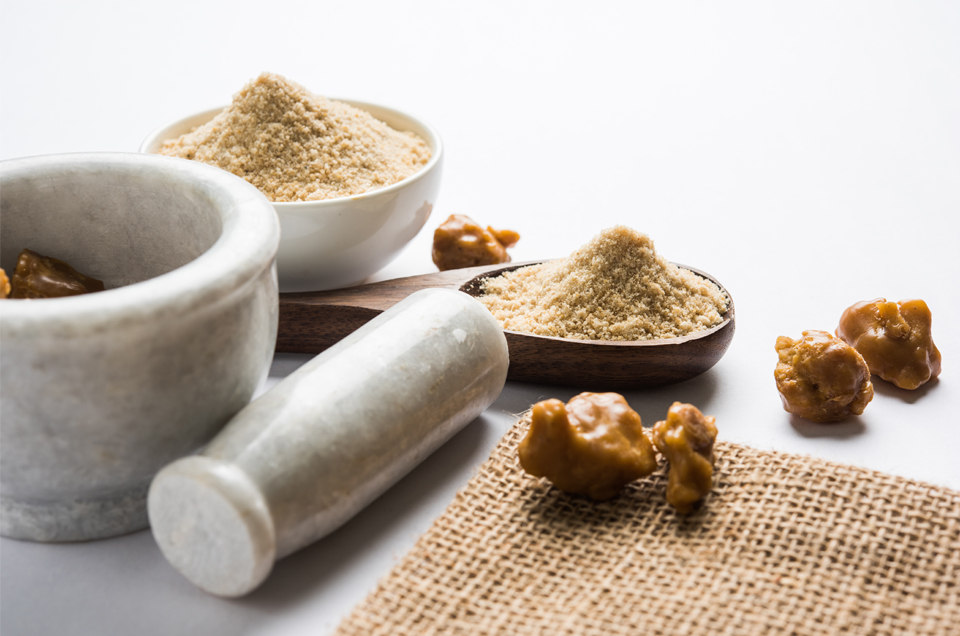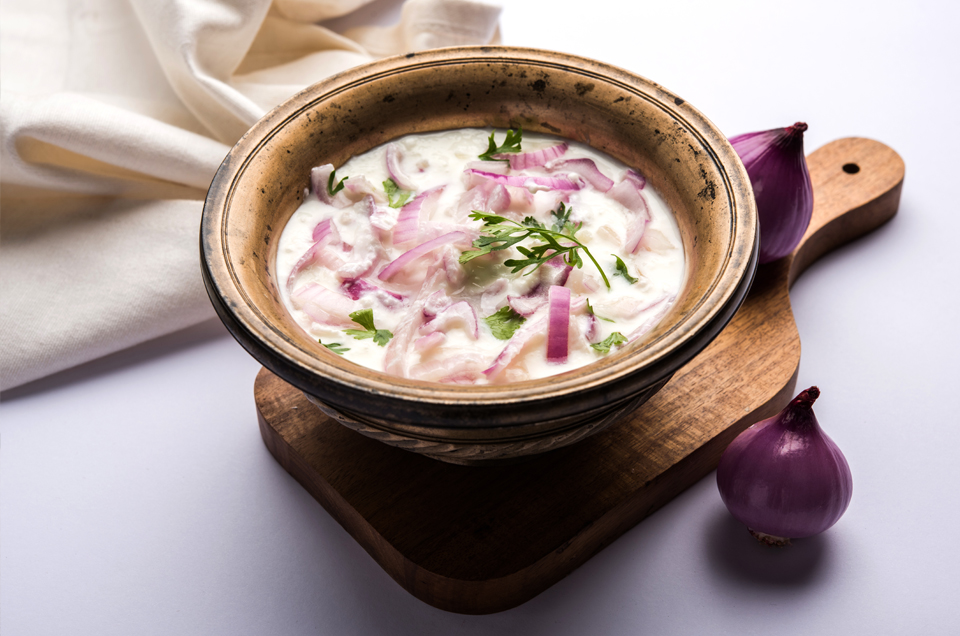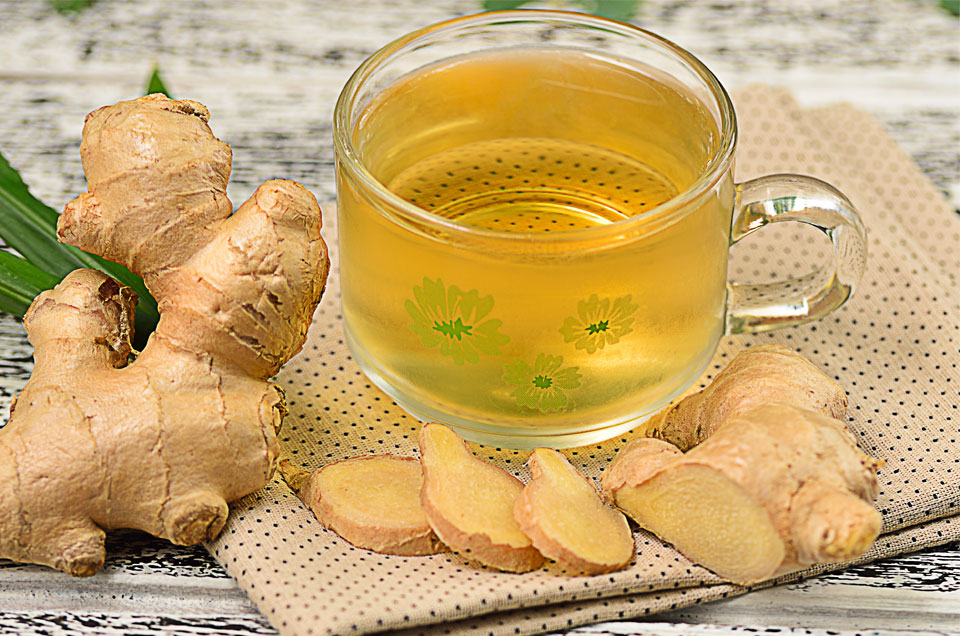According to Ayurveda, the liver is the seat of pitta dosha. The metabolism and digestion in the body are carried by different types of digestive fires (enzymes) termed as ‘agni’ and ‘pitta’. So in short, the liver is a fiery organ, and that is why anything, which is fiery or hot in nature is not good for the liver. Alcohol, caffeine, tobacco, hot spicy food, emotions like anger and hate, chemicals in pre-packaged foods or medicines and environmental pollutants are not good for the liver as they are also fiery. Even vata and kapha types of liver imbalances tend to aggravate pitta and give rise to toxin build-up in the liver and thereby affects its functioning. So keeping an eye out for these types of imbalances, and addressing them early on, naturally helps to protect the health of the liver.
5 practices for healthy liver -
- Periodic cleansing: Even though the liver serves as the primary organ of detoxification for our body, it may accumulate toxins due to unhealthy dietary and lifestyle habits. The good news is that the liver knows how to heal itself; we just have to offer it the proper support. Promoting liver health is largely about giving the organ a periodic break through cleansing Ayurvedic processes like Virechana. Spring is the perfect season for liver detox as it clears any accumulating heat before the onset of the summer season and it can be done under the guidance of an Ayurvedic doctor.
- Pitta-pacifying diet: Because pitta is so closely tied to the liver, a pitta-pacifying diet is going to support liver health and cleansing. Therefore, include bitter-tasting and cooling foods like amla, cucumber, and karela in your diet. Minimise the intake of salty, sour, and pungent (spicy) foods. Favour ghee over other oils and fats. Green leafy vegetables, beetroots and carrots are also good for the liver. Starting the day with an apple or pear also sets the metabolism and helps cleanse the liver.
- Intake of detoxifying fluids: When you become dehydrated, the blood becomes thicker and your liver is responsible for filtering blood and the thickness can impact its ability to detoxify. Therefore, keep drinking adequate water every day. You can also make a detox tea for the liver at home by boiling a pinch of turmeric powder in a cup of water for few minutes. When the water cools down, squeeze 1 tsp. fresh lemon juice. Honey can be added as a sweetener.
- Maintaining a healthy weight: Maintaining a healthy weight can take you a long way in keeping the liver healthy and free from fat deposits. Alcohol is not the only thing that can cause fatty liver disease. Obesity or even just being overweight puts you at risk of developing non-alcoholic fatty liver disease. Therefore, exercising regularly is important to not only maintain weight but to keep up your metabolism levels and other body functions.
- Emotional hygiene: Just as the liver is critical to the digestion of food and nutrition, it plays an important role in the digestion of emotions. The liver is considered the seat of emotions such as anger, hate, envy, irritability, frustration and impatience. These imbalanced emotions are an expression of imbalanced pitta in the body. The liver is also associated with the healthier expressions of pitta like power, courage, confidence and contentment. Finding ways to keep all of these emotions in balance is critical to liver health. Therefore, it is important to feel and acknowledge all of your emotions to ensure their complete release and regularly practice meditation, pranayama and yoga to prevent stress and strain of daily life from taking their toll on your liver.
Besides offering these practices, Ayurveda also provides herbal support for liver cleansing. There are a lot of herbs and rasayanas in Ayurveda that effectively pacifies the aggravated dosha (especially pitta in the case of liver health), clears accumulated toxins and heat from the body, cleanses the blood, encourages the flow of bile and detoxifies the liver. Liver-cleansing herbs like Aloe vera, neem, kutki, amla, turmeric, bhumi-amala, punarnava and triphala are just to name a few. For detailed and personalised information and consultation, you can also speak with Jiva doctors and take care of your liver health.




 May 22, 2021
May 22, 2021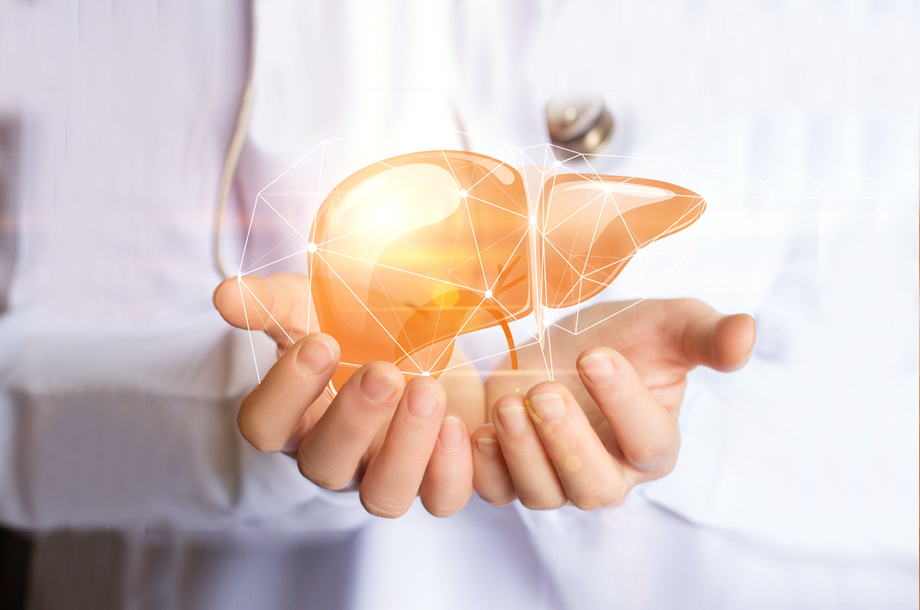
 Prev
Prev
